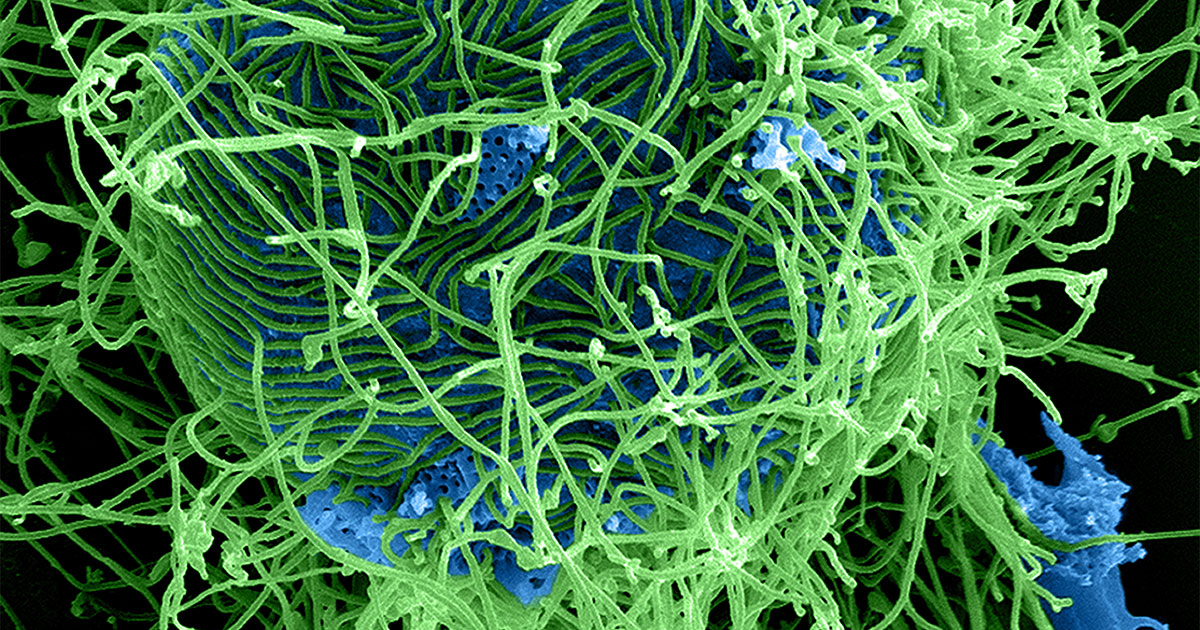Let food be thy medicine and medicine be thy food
Throughout history, the connection between diet and health has been well established. As the ancient Greek physician Hippocrates wisely advised, “Let food be thy medicine and medicine be thy food.”

Throughout history, the connection between diet and health has been well established. As the ancient Greek physician Hippocrates wisely advised, “Let food be thy medicine and medicine be thy food.” This philosophy underscores the idea that proper nutrition can prevent illness, enhance vitality, and minimize the need for medical intervention. In today's world—where processed foods, refined sugars, and artificial additives have become commonplace—this principle is more relevant than ever. By choosing wholesome, nutrient-rich foods, we can strengthen our bodies, support immunity, and improve longevity.
The Power of a Nutrient-Dense Diet
A well-balanced diet provides the body with essential vitamins, minerals, and antioxidants necessary for optimal function. Every meal is an opportunity to nourish the body and promote well-being. Here are some key benefits of a nutrient-rich diet:
- Enhanced Immunity: Foods rich in vitamin C (citrus fruits, bell peppers) and zinc (pumpkin seeds, nuts) strengthen the immune system, helping to fight infections.
- Improved Digestion: Fiber-packed foods like whole grains, legumes, and vegetables promote gut health and digestion, reducing risks of bloating, constipation, and digestive disorders.
- Heart Health: A diet abundant in omega-3 fatty acids (found in salmon, flaxseeds, and walnuts) helps maintain healthy cholesterol levels and supports cardiovascular function.
- Balanced Blood Sugar: Whole foods such as leafy greens, nuts, and lean proteins help regulate blood sugar levels, preventing spikes and crashes that lead to fatigue and disease.
- Anti-Inflammatory Properties: Turmeric, ginger, berries, and green tea contain powerful anti-inflammatory compounds that help protect against chronic illnesses like arthritis, diabetes, and heart disease.
Food as Prevention: Reducing Dependency on Medication
While medication plays an essential role in treating diseases, many chronic conditions—such as hypertension, type 2 diabetes, and obesity—can be prevented and managed through proper nutrition. Healthy and freshly prepared foods rich in essential nutrients are natural medicine.
Processed foods high in sugar, unhealthy fats, and excessive sodium are contributing to poor health.
- Diabetes Prevention: Reducing the consumption of refined sugars and processed carbohydrates helps maintain balanced blood sugar levels, reducing the risk of insulin resistance.
- Heart Disease Management: A heart-friendly diet full of fiber, healthy fats, and plant-based foods lowers cholesterol and blood pressure, minimizing heart disease risks.
- Cognitive Health: Brain-boosting foods such as leafy greens, fatty fish, and berries improve memory and reduce cognitive decline, decreasing the risk of neurodegenerative diseases.
Spices and Herbs as Medicine
For centuries, traditional medicine has relied on herbs and spices for healing. They contain powerful compounds that fight infections, regulate digestion, and support overall wellness.
Some potent natural remedies include:
- Turmeric: A powerful anti-inflammatory that supports joint health.
- Garlic: Known for its immune-boosting properties and cardiovascular benefits.
- Ginger: Relieves nausea, aids digestion, and improves circulation.
- Cloves and cinnamon: Antibacterial spices that aid in gut health.
By incorporating these ingredients into daily meals, we fortify our bodies naturally.
A Holistic Approach to Wellness
Food is only part of the equation—lifestyle habits also play a significant role in health. Regular exercise, stress management, and sufficient sleep complement a nutritious diet, ensuring that the body functions optimally. Drinking plenty of water, engaging in daily movement, and practicing mindfulness all contribute to overall well-being.
Practical Steps for a Healthier You
1. Prioritize Whole Foods: Choose fresh, organic produce, lean proteins, and whole grains over processed options.
2. Limit Sugar & Refined Carbs: Reduce intake of sugary snacks, sodas, and white bread to avoid energy crashes and metabolic disorders.
3. Hydrate Well: Drink plenty of water and herbal teas to support digestion and detoxification.
4. Eat Mindfully: Savor your meals, eat slowly, and listen to your body’s hunger and fullness cues.
5. Incorporate Superfoods: Add ingredients like turmeric, flaxseeds, spirulina, and leafy greens to your daily meals for an added health boost.
Conclusion: Food as a Foundation for Lifelong Health
Nutrition is a powerful tool that influences every aspect of our health. By making intentional food choices, we can prevent diseases, boost vitality, and minimize the need for pharmaceutical interventions. Instead of viewing food merely as sustenance, we should embrace it as a form of medicine that keeps our bodies strong, energized, and resilient. Investing in a wholesome, nourishing diet today sets the foundation for a healthier tomorrow.
Follow. Like. Comment anonymously, no account required. And if you love this post and want to show your support, we’d appreciate your TipDrop—whether publicly in the comment section, or through our TipDrop Page. Thank You!
Reward this post with your reaction or TipDrop:
 Like
0
Like
0
 Dislike
0
Dislike
0
 Love
0
Love
0
 Funny
0
Funny
0
 Angry
0
Angry
0
 Sad
0
Sad
0
 TipDrop
0
TipDrop
0

































